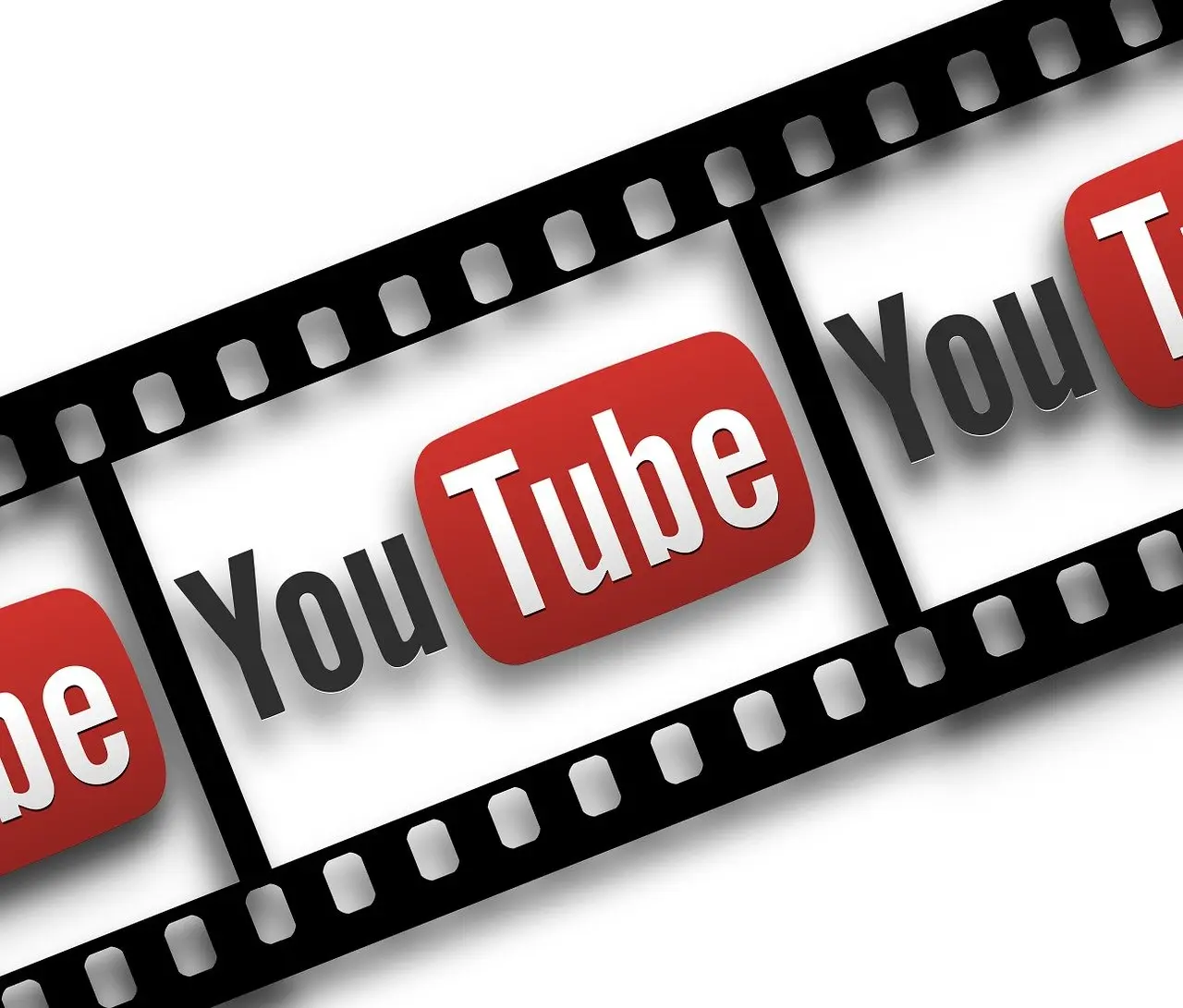
YouTube settled Trump’s lawsuit for $24.5 million over his 2021 account suspension, marking a pivotal moment in tech, politics, and digital free speech.(photo-pixabay)
Why YouTube’s $24.5M Settlement with Trump Is a Landmark Moment in Tech Politics
Published: 30-09-2025 | By: Rapido Updates
The Lawsuit That Shook Silicon Valley
YouTube-Trump Lawsuit – In a dramatic turn of events, YouTube has agreed to pay $24.5 million to settle a lawsuit filed by President Donald Trump over the suspension of his account in January 2021. The lawsuit, filed in federal court in California, accused YouTube of wrongful censorship following the Capitol riots on January 6, 2021.
Trump’s legal team argued that YouTube’s actions violated his constitutional rights and silenced conservative voices. The lawsuit also named Alphabet CEO Sundar Pichai and claimed that the platform used vague and shifting standards to justify the suspension.
The settlement, reached just days before a scheduled court hearing, marks the end of a four-year legal battle and adds YouTube to the list of tech giants that have settled similar lawsuits with Trump, including Meta and X (formerly Twitter).
What the Settlement Includes: Money and Symbolism
According to court filings, $22 million of the settlement will be directed to the Trust for the National Mall, a nonprofit organization supporting the construction of a White House State Ballroom. Trump has reportedly earmarked the funds for this project, which is expected to be completed before the end of his current term.
The remaining $2.5 million will be distributed among other plaintiffs in the case, including the American Conservative Union and author Naomi Wolf. The settlement does not include any admission of wrongdoing by YouTube or Google, and no changes to platform policies were mandated.
Legal experts say the financial settlement is significant, but the symbolic value may be even greater. It reflects the growing tension between tech platforms and political figures, and raises questions about the limits of free speech in the digital age.
The Background: A Clash Over Content and Control
Trump’s YouTube account was suspended on January 12, 2021, after the platform flagged content that allegedly violated its policies on inciting violence. At the time, Trump’s channel had over 2.7 million subscribers and was a key outlet for his messaging.
YouTube cited “ongoing potential for violence” as the reason for the suspension, but did not specify which videos triggered the action. The channel was restored in 2023, allowing Trump to resume uploading content.
Trump’s lawsuits against YouTube, Meta, and X were part of a broader campaign to challenge what he called “unlawful silencing of conservative viewpoints.” While some cases were dismissed, others led to settlements, signalling a shift in how tech companies handle political disputes.
Reactions from Both Sides: Relief and Reflection
Google confirmed the settlement but declined to comment further. Trump’s lawyer, John Coale, said, “If he hadn’t been re-elected, we’d be in court forever.” He added that the settlement reflects a more favourable legal landscape for Trump following his return to office.
Supporters of Trump hailed the agreement as a victory for free speech and accountability. Critics, however, warned that settlements without policy changes may not prevent future conflicts between tech platforms and political leaders.
The case has sparked renewed debate over the role of private companies in regulating speech, especially when it involves elected officials. Some lawmakers are calling for clearer guidelines and legal reforms to address these issues.
What This Means for the Future of Tech and Politics
The YouTube settlement is more than just a legal resolution—it’s a signal of changing dynamics in the relationship between technology and governance. As platforms continue to shape public discourse, the boundaries of their power are being tested.
Trump’s legal victories may encourage other political figures to challenge tech companies, while platforms may become more cautious in enforcing content policies. The balance between moderation and censorship remains a complex and evolving issue.
For now, the $24.5 million settlement stands as a landmark moment in the intersection of tech, law, and politics. It reminds us that in the digital age, the fight for speech and control is far from over.